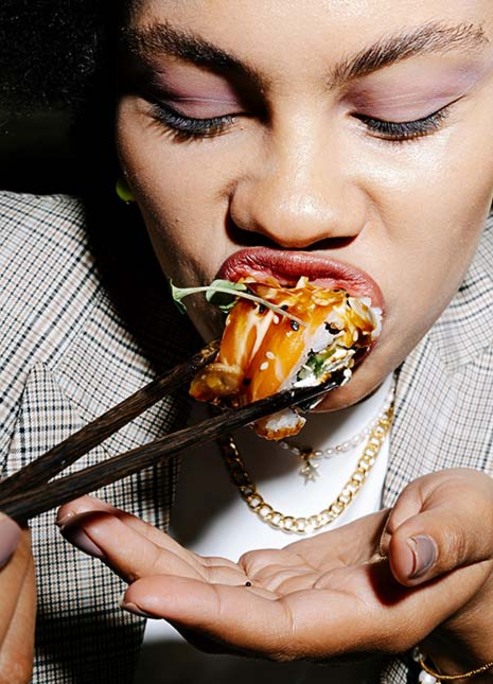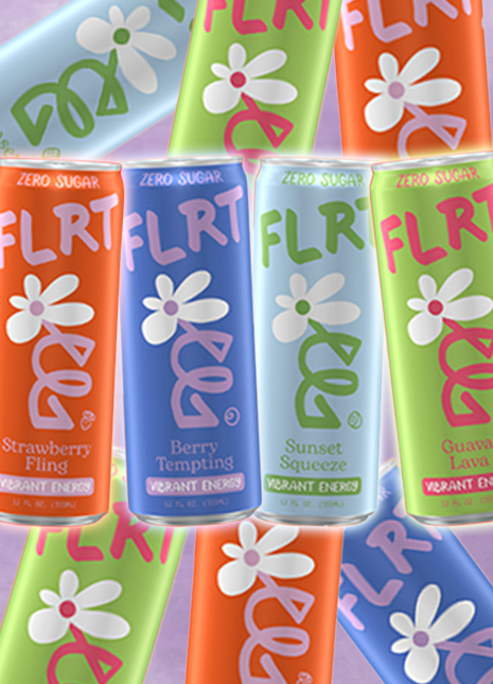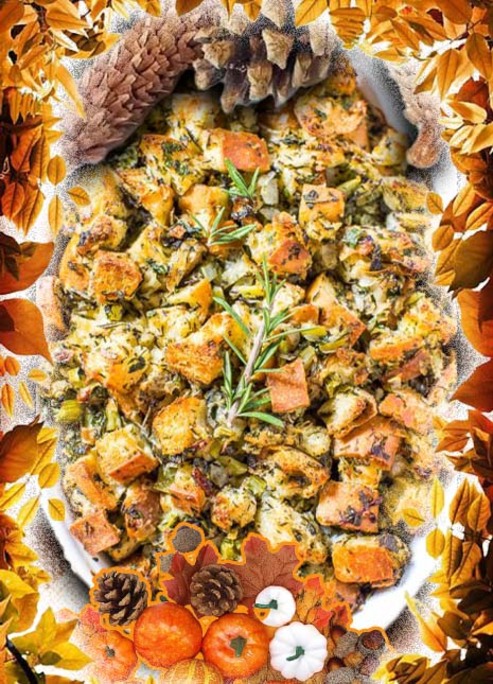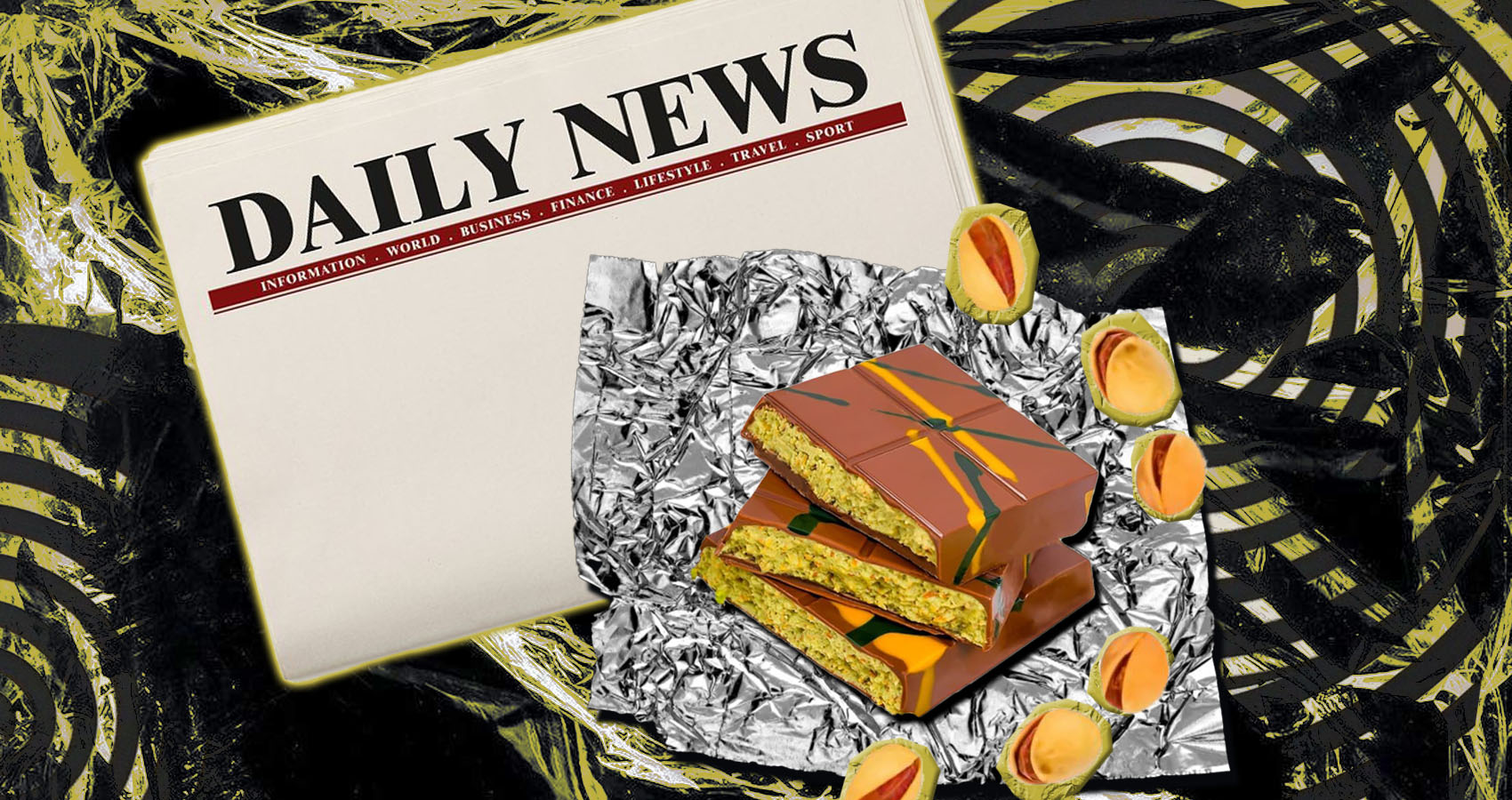
The Dubai Chocolate Crash
From TikTok gold to ethical questions.
It started as a bougie love affair with pistachio, tahini, and knafeh wrapped in glossy chocolate — and ended with a cultural hangover. What was once TikTok’s golden snack has curdled into a PR storm by mid-2025. Originally launched by Fix Dessert Chocolatier and amplified by influencers with ring lights and algorithms, the “Dubai chocolate” trend spiraled from exclusive to everywhere in under two years. But as it got cheaper, more available, and increasingly meme-ified, the façade cracked.
Quality didn’t deliver
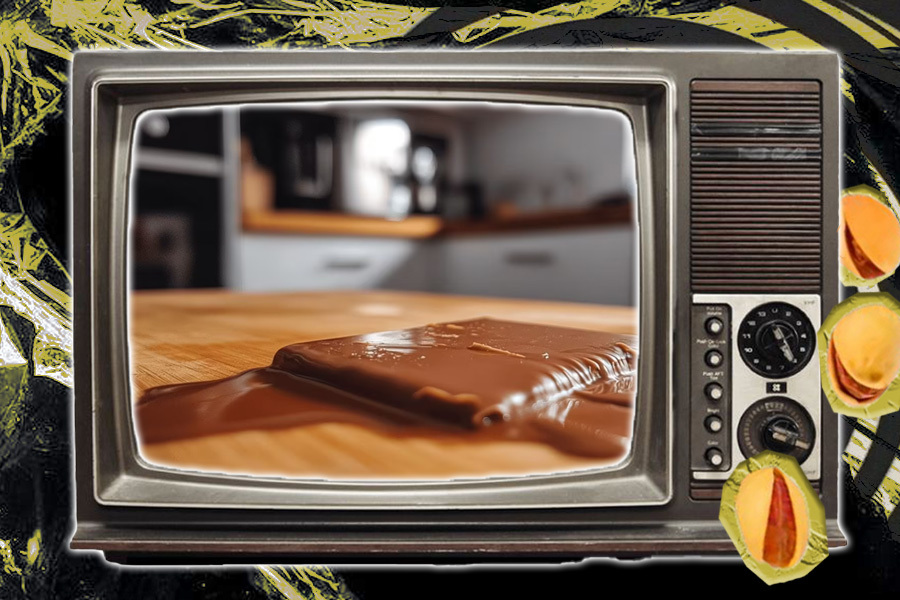
Social media fatigue set in. And then came the real red flag: the branding. “Dubai” began to mean more than just luxury or deserts or Ferraris — it conjured up accusations of slave labor, state propaganda, and a dark history that no amount of pistachio cream could sweeten. For some, the viral treat now feels like a Trojan horse — soft center, sinister core.
Ethical backlash is what’s killing the buzz
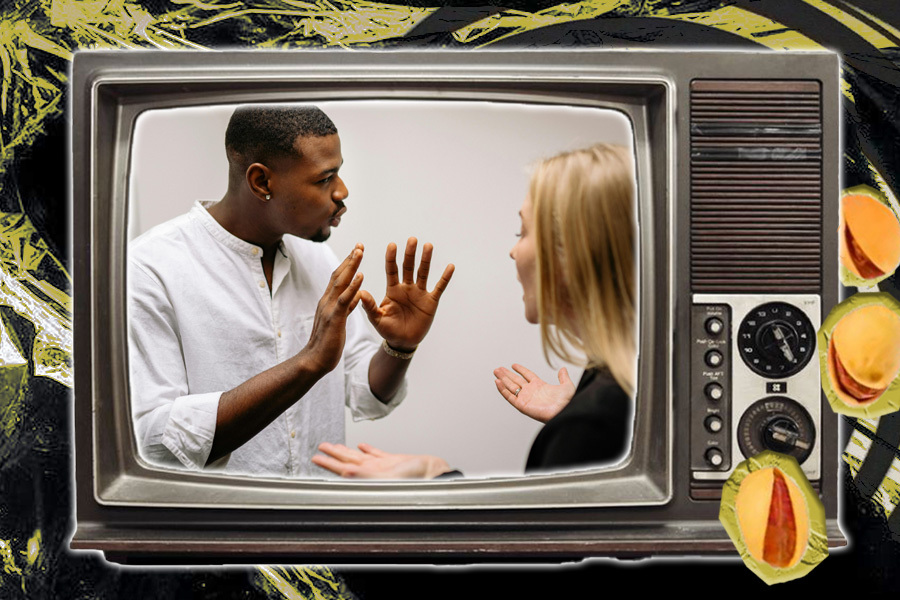
This is about consumers realizing they were served dessert with a side of dystopia. Human rights reports, accusations of foodwashing, and ugly Reddit threads comparing the trend to propaganda have all but demolished its cultural cachet. The pivot has been stark: from “must-try luxury” to “corporate psyop with sprinkles.” Combine that with the loss of novelty, the rise of supermarket versions, and the growing awareness that you’re just eating a glorified Middle Eastern dessert already done better in Beirut, and it’s clear. The Dubai chocolate trend didn’t just fade, to the contrary, it just melted under the heat of its own contradictions.



